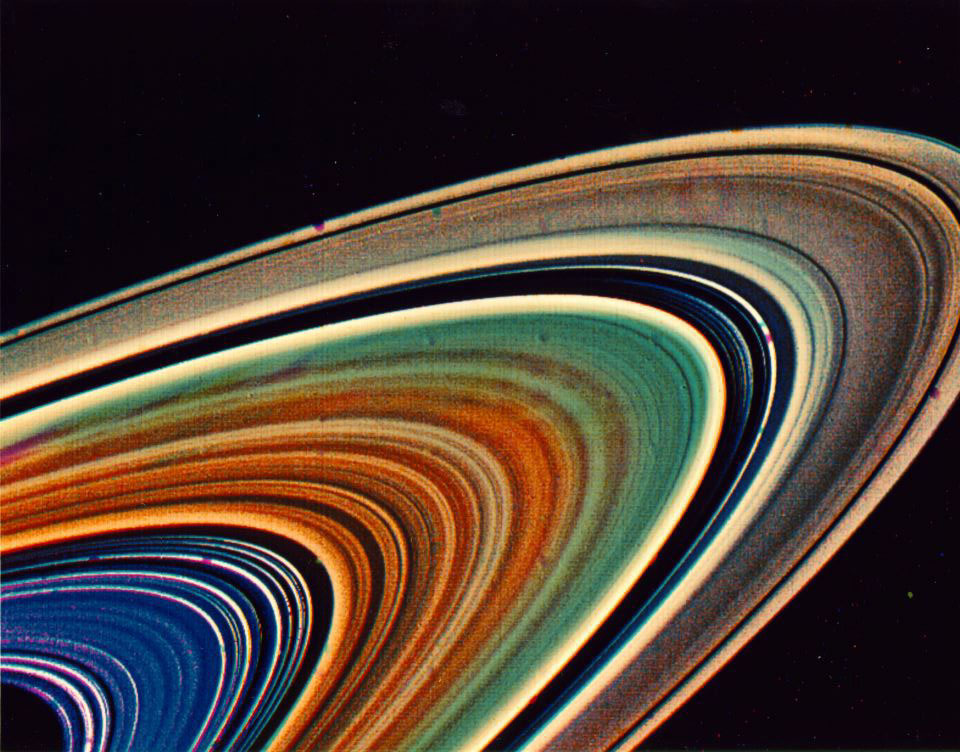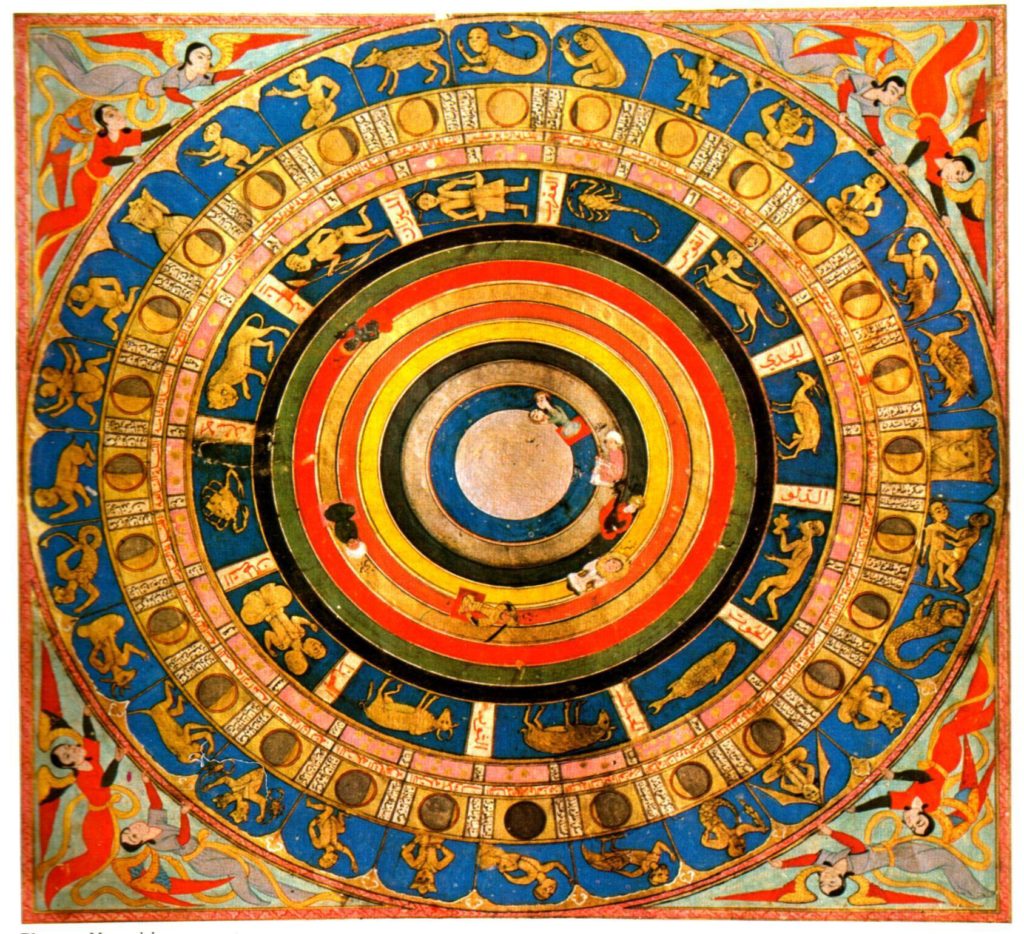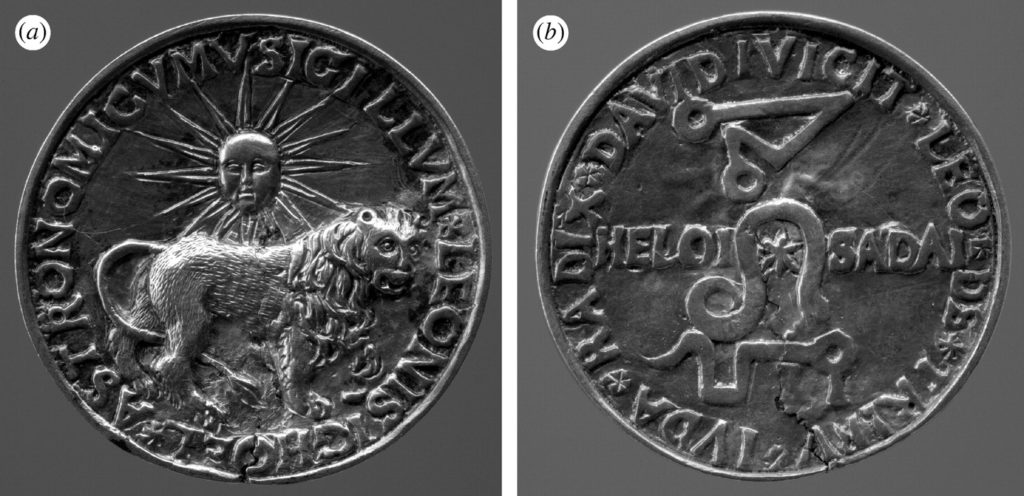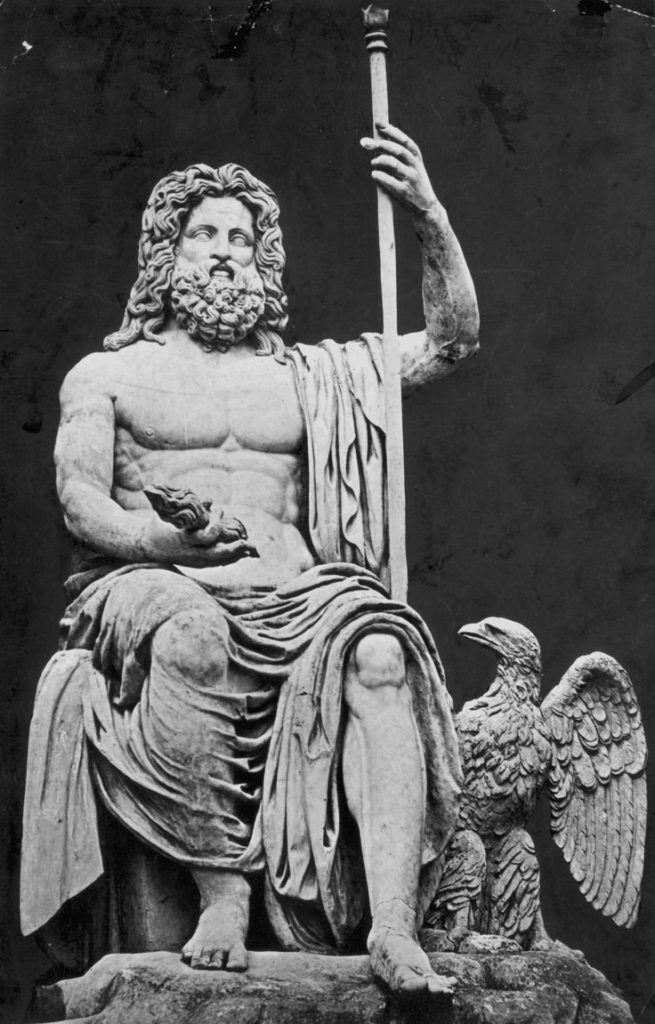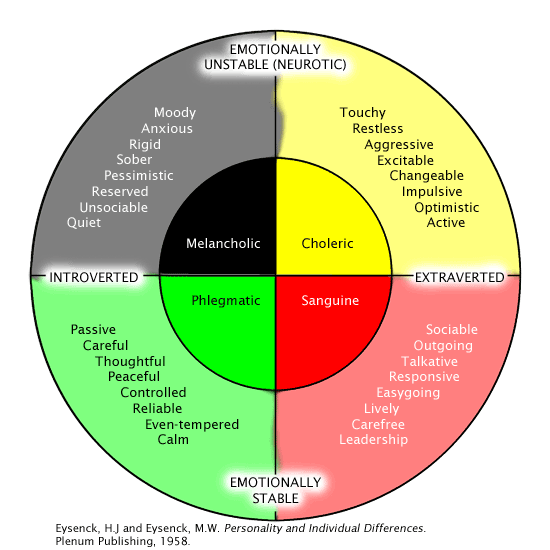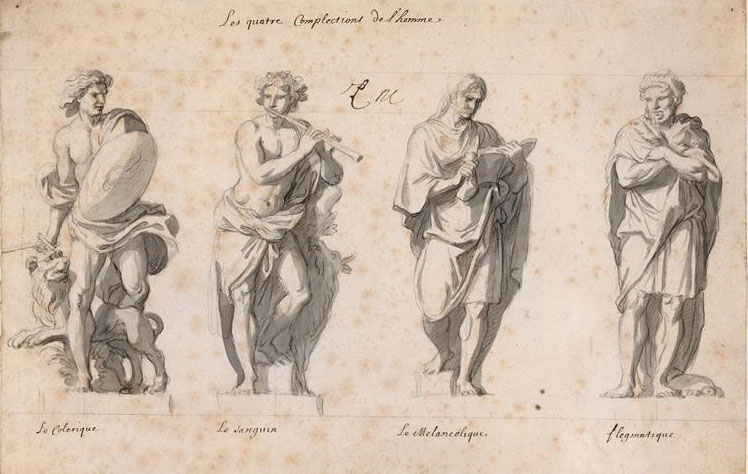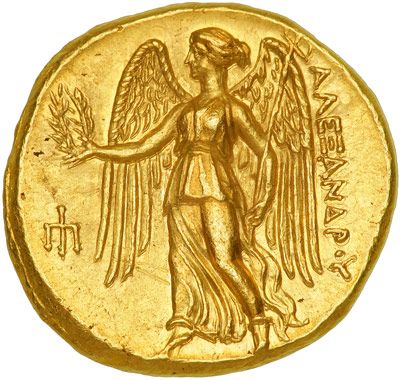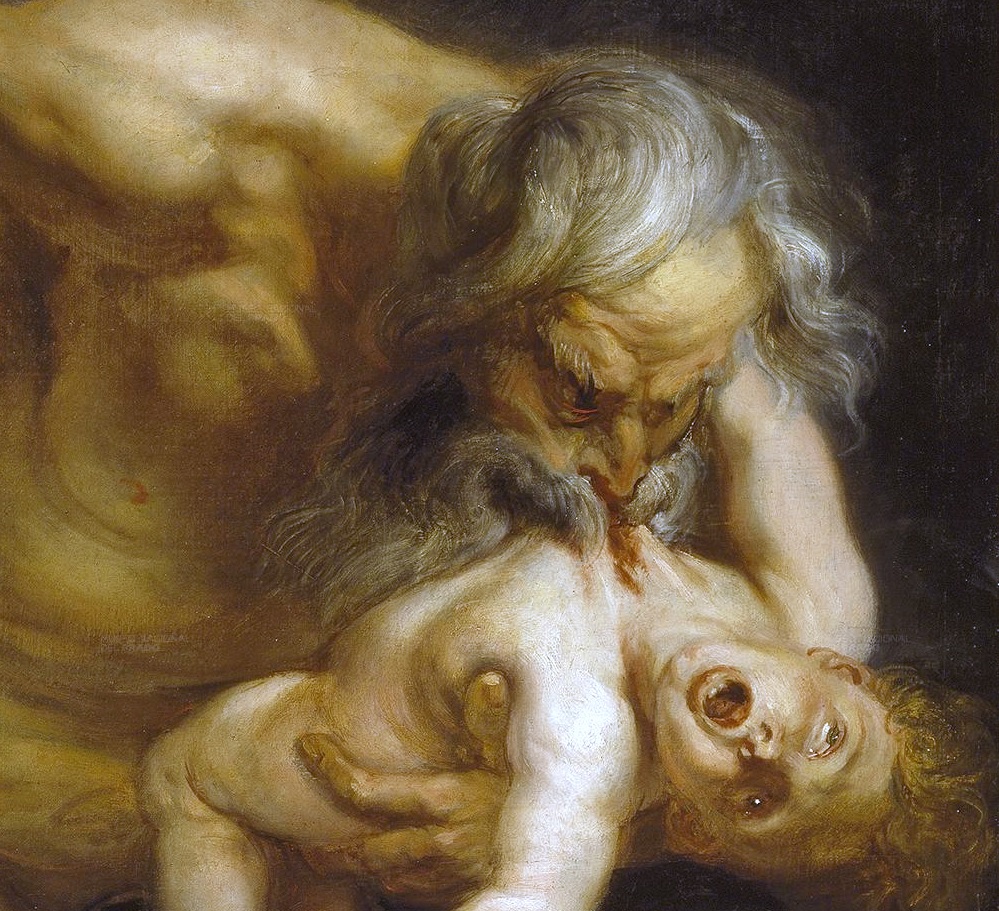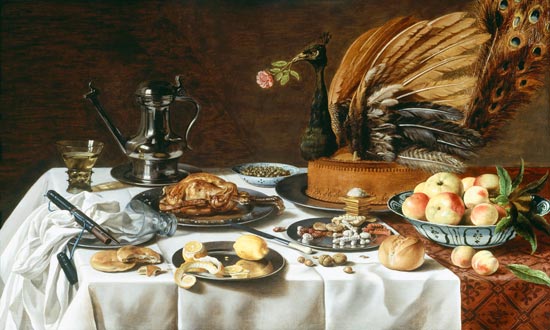
We briefly discussed in an earlier post how Ficino in his De Vita described how he would diminish the influence of the Saturnine melancholy to which he was prone by consuming food associated with the Jupiter, the most sanguine of the planets.
The idea is that one attunes one’s complexion or temperament to the complexion of the planet in a gradual way by fasting and introducing food associated with a particular planet. That is, if, as in the case of Ficino, one is melancholic and thus has a temperament that is Cold and Dry, this is altered by consuming foods that are (in Ficino’s example) of the nature of Jupiter who is Warm and Moist. This diet will gradually change the temperament of the native to match the complexion of the planet – from Saturnine melancholy and misanthropy we become, through regular consumption of eagles and peacocks (or perhaps more easily obtained Jupiterian ingredients), jovial, sanguine, affable and popular.
Continue reading “Planetary dieting and changing temperament”
